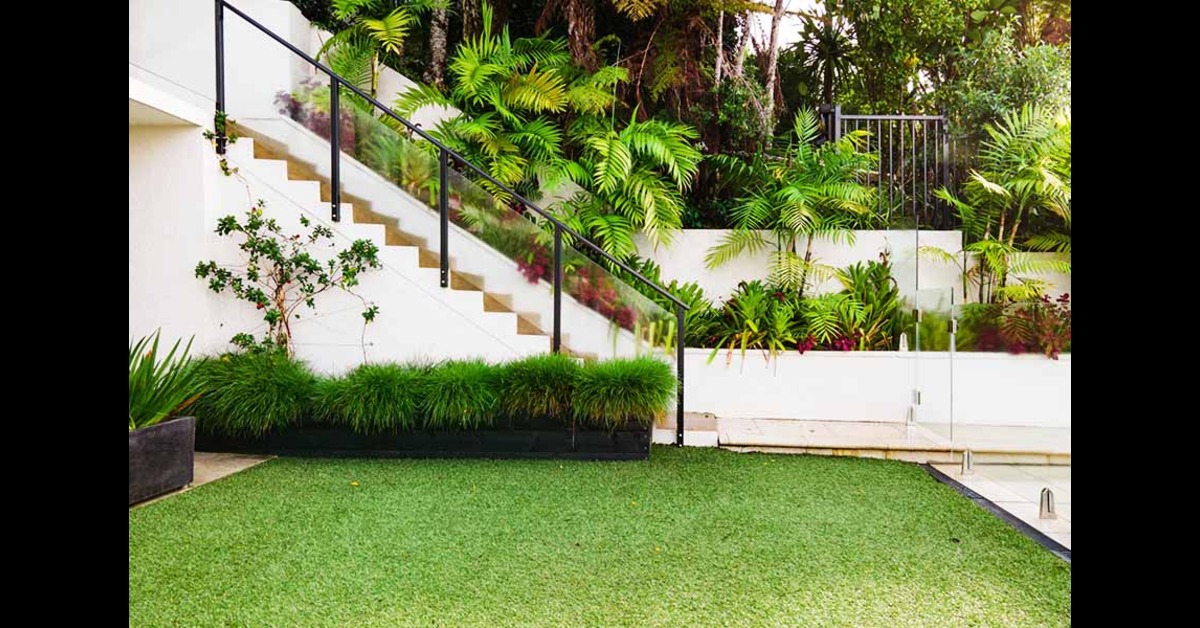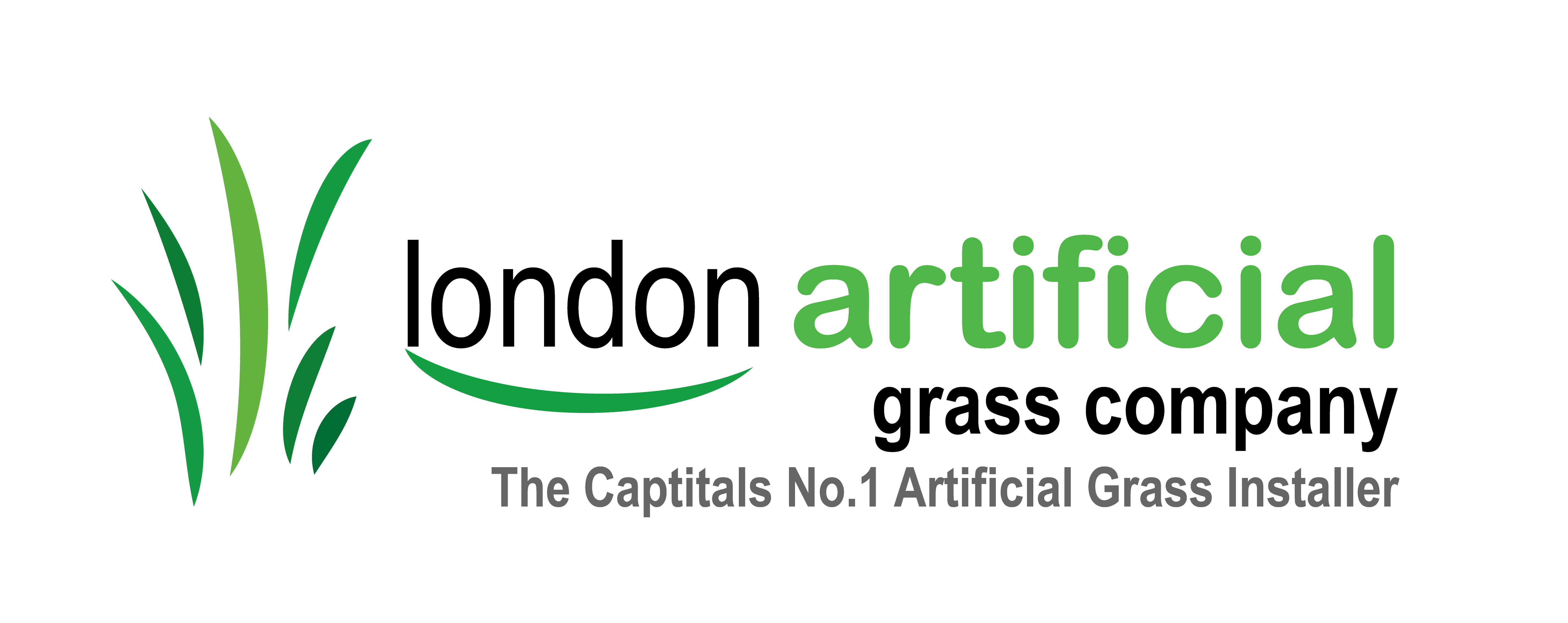Can You Recycle Fake Grass? The Truth About Recycling Artificial Grass: Myths vs. Facts

In today’s eco-conscious world, sustainability is more than a trend—it’s a responsibility. As homeowners and landscapers shift toward greener choices, artificial grass has become a go-to solution for low-maintenance, evergreen lawns. However, one critical question remains: Can you recycle fake grass? This blog dives deep into the truth about recycling artificial turf, separating myths from facts, and guiding you toward eco-friendly garden products UK residents can trust.
Understanding the Basics: What Is Artificial Grass Made Of?
Artificial grass, also known as synthetic turf, is primarily made from a blend of polyethylene (PE), polypropylene (PP), and nylon. These are durable plastics designed to withstand weather, foot traffic, and UV rays. While these materials offer long life spans, they pose environmental challenges when it’s time for replacement or disposal.
Traditional turf systems also include a latex or polyurethane backing, and often infill materials like rubber crumb or sand—components that can complicate recycling efforts.
Myth #1: Fake Grass Is Not Recyclable at All
Fact: It Can Be Recycled, But It’s Not Always Easy
One of the most common misconceptions is that artificial grass is impossible to recycle. The truth is more nuanced. Yes, you can recycle fake grass, but the process isn’t as straightforward as recycling a plastic bottle.
Due to the multiple layers and materials used, separating components for recycling requires specialised facilities. In the UK, recycling capabilities for artificial turf are growing, but not yet widespread. However, leading recycling companies are now investing in mechanical and chemical separation technologies to extract reusable plastic from worn-out turf.
Myth #2: All Fake Grass Ends Up in Landfills
Fact: Repurposing and Responsible Disposal Are Viable Options
It’s true that a large portion of synthetic turf is still sent to landfill. But an increasing number of individuals and businesses are seeking eco-friendly garden products UK wide—and that includes solutions for reusing or recycling fake grass.
Some turf can be repurposed for dog runs, balconies, patios, garden paths, or allotment spaces. Others donate reusable pieces to community projects, schools, or local charities. Creative repurposing keeps synthetic grass out of landfill and extends its life cycle.
Myth #3: Recycled Artificial Grass is Lower in Quality
Fact: Recycled Turf Can Still Perform Well
Another misconception is that recycled or reused turf is inferior. While it may not be suitable for a premier sports pitch, recycled artificial grass is often perfectly usable for decorative or low-traffic areas. With proper cleaning and trimming, second-hand turf can provide years of additional use.
Moreover, some manufacturers in the UK are now offering eco-friendly garden products, including artificial turf made from partially recycled or recyclable materials, contributing to a more circular landscaping industry.
What Happens During the Recycling Process?
Recycling fake grass involves a few key stages:
- Collection and Sorting
Old turf is collected from homes, sports facilities, or commercial sites and sorted based on material type and condition. - Separation
Advanced machines separate the plastic grass fibres from the rubber infill and backing layers. This is often the most complex stage. - Cleaning
Grass fibres are thoroughly washed to remove debris, organic material, and contaminants. - Shredding and Reprocessing
Clean fibres are shredded into small pellets and can be reprocessed into new plastic products, sometimes even into new turf.
This cycle reduces landfill waste and gives old grass a new purpose—making the answer to “can you recycle fake grass” a clear yes, with the right resources.
How to Responsibly Recycle or Repurpose Your Fake Grass
If you’re replacing or removing synthetic turf, here’s how you can do it sustainably:
- Check with local recycling centres: Some UK councils may accept synthetic turf or direct you to third-party recyclers.
- Contact turf suppliers: Some artificial grass manufacturers offer take-back schemes or recycling options.
- Donate to local organisations: Community gardens, animal shelters, and schools might welcome used turf for non-landscaping uses.
- Upcycle at home: Use old turf for DIY projects such as shed flooring, doormats, green walls, or planter box liners.
Eco-Friendly Garden Products UK: The Bigger Picture
Choosing eco-friendly alternatives doesn’t stop at recycling fake grass. If you’re landscaping your garden, consider:
- Artificial grass made from recycled plastics
- Biodegradable weed barriers
- Compost-based fertilisers
- Rainwater irrigation systems
By integrating these sustainable products, you create a greener garden that supports the environment while enjoying the convenience of low-maintenance solutions.
Final Verdict: Can You Recycle Fake Grass?
Yes, you can recycle fake grass, but it requires careful handling and access to proper recycling facilities. The misconception that all artificial grass must be dumped in landfills is increasingly outdated. With growing awareness and advancing technology, the UK is moving toward more sustainable practices in landscaping and waste management.
As homeowners and landscapers, embracing the recycling or repurposing of artificial turf helps minimise environmental impact while supporting a circular economy. When paired with other eco-friendly garden products UK consumers can trust, it’s a win-win for your yard and the planet.
Key Takeaways
- Fake grass is recyclable, but the process is more complex than standard plastics.
- Not all turf ends up in landfills—repurposing is a practical and eco-friendly alternative.
- Choose suppliers who offer recycling or take-back schemes.
- Opt for garden products made from recycled or sustainable materials for a truly green approach.
Ready to upgrade your garden responsibly? Whether you’re installing or removing artificial turf, consider sustainability at every step. Your garden—and the Earth—will thank you.
